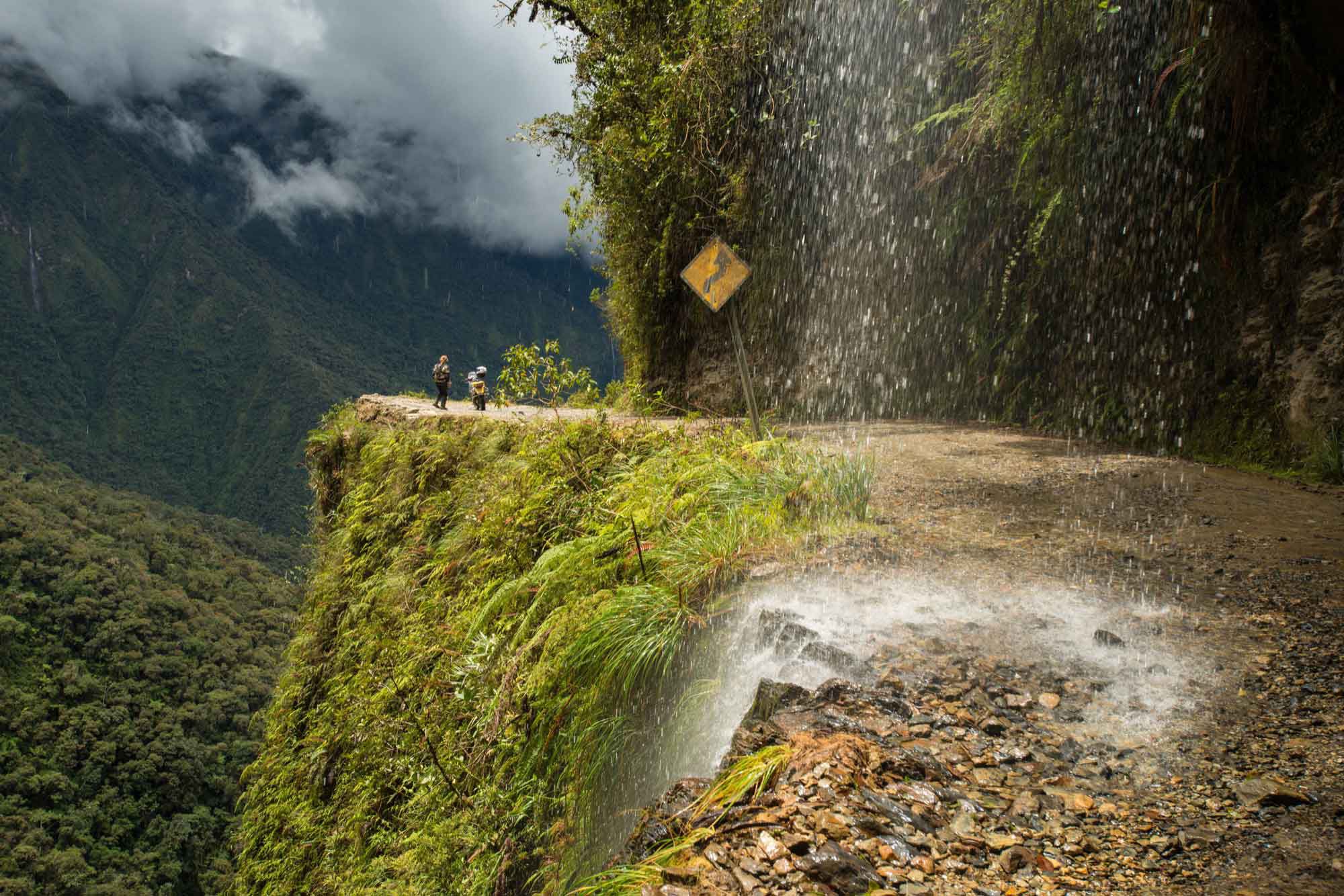
Many daydream about taking a motorcycle trip across continents. There may be real or perceived hurdles to conquer, so what does it take to do it? For anyone whose life can align—and respectfully, not everyone’s can—a commitment to the decision is all it takes. Then comes doing whatever’s necessary to make it happen. It sounds easy, and in reality, it is! The hardest part is at the start when you have to relinquish all the things that keep you from doing it in the first place.
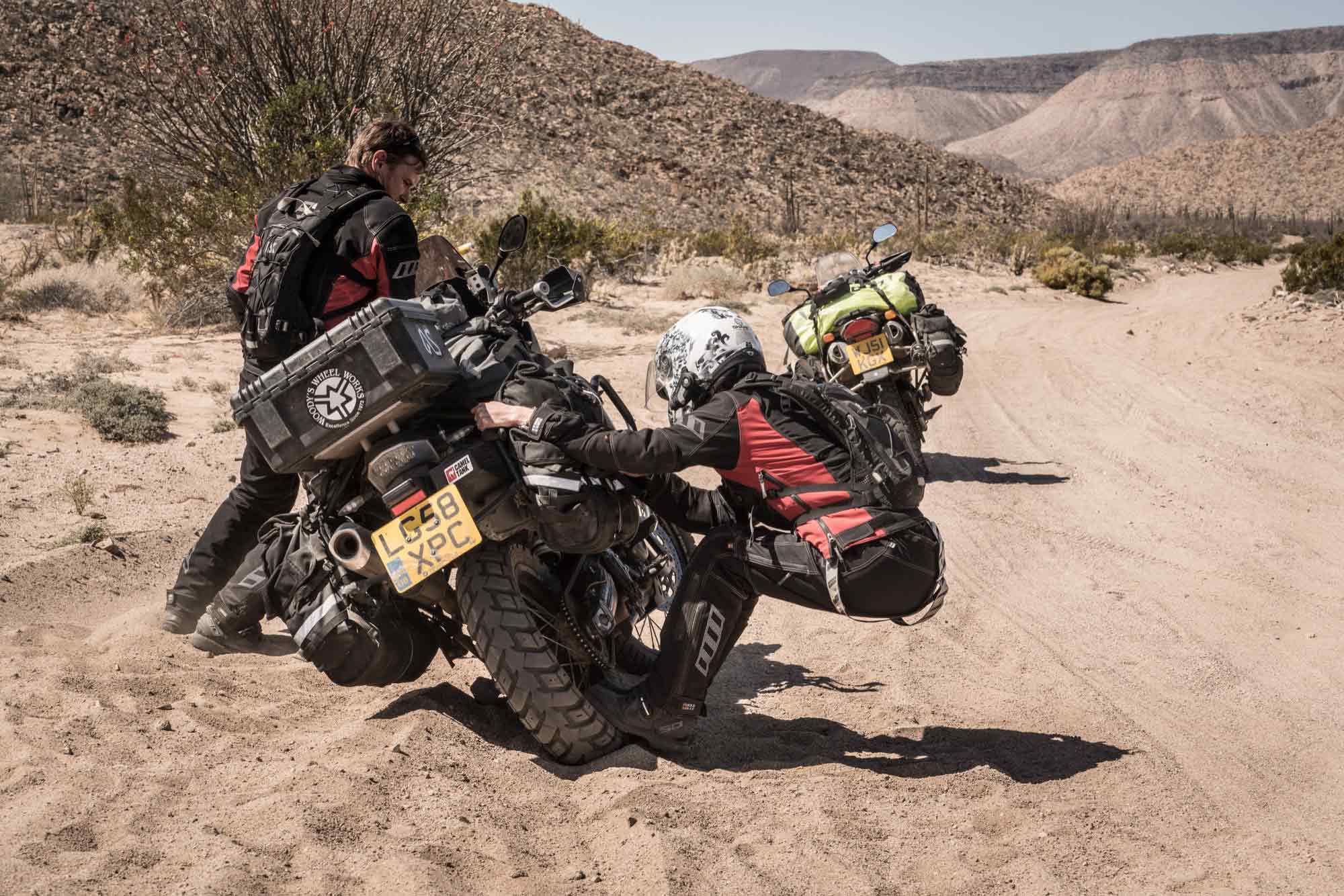
Tip 1. Moto-Travel Involves One Step: Going
Is it better to just go where the wind takes you? Or indulge in a bulletproof itinerary? Organizing your first big two-wheeled adventure can be daunting. There’s much to consider and more to research. A wise person once said, “Each research session makes the trip look more difficult, so I’ve decided to stop researching.” That’s a gem to uphold—particularly if you find yourself wheel arch deep in excessive pre-trip planning. Chris Scott’s Adventure Motorcycling Handbook, Horizons Unlimited’s Achievable Dream DVD boxed set, and the Haynes Adventure Motorcycling series are solid starting points. Doing the groundwork will make life simpler on the road; you’ll spend less time troubling over details to enjoy yourself.
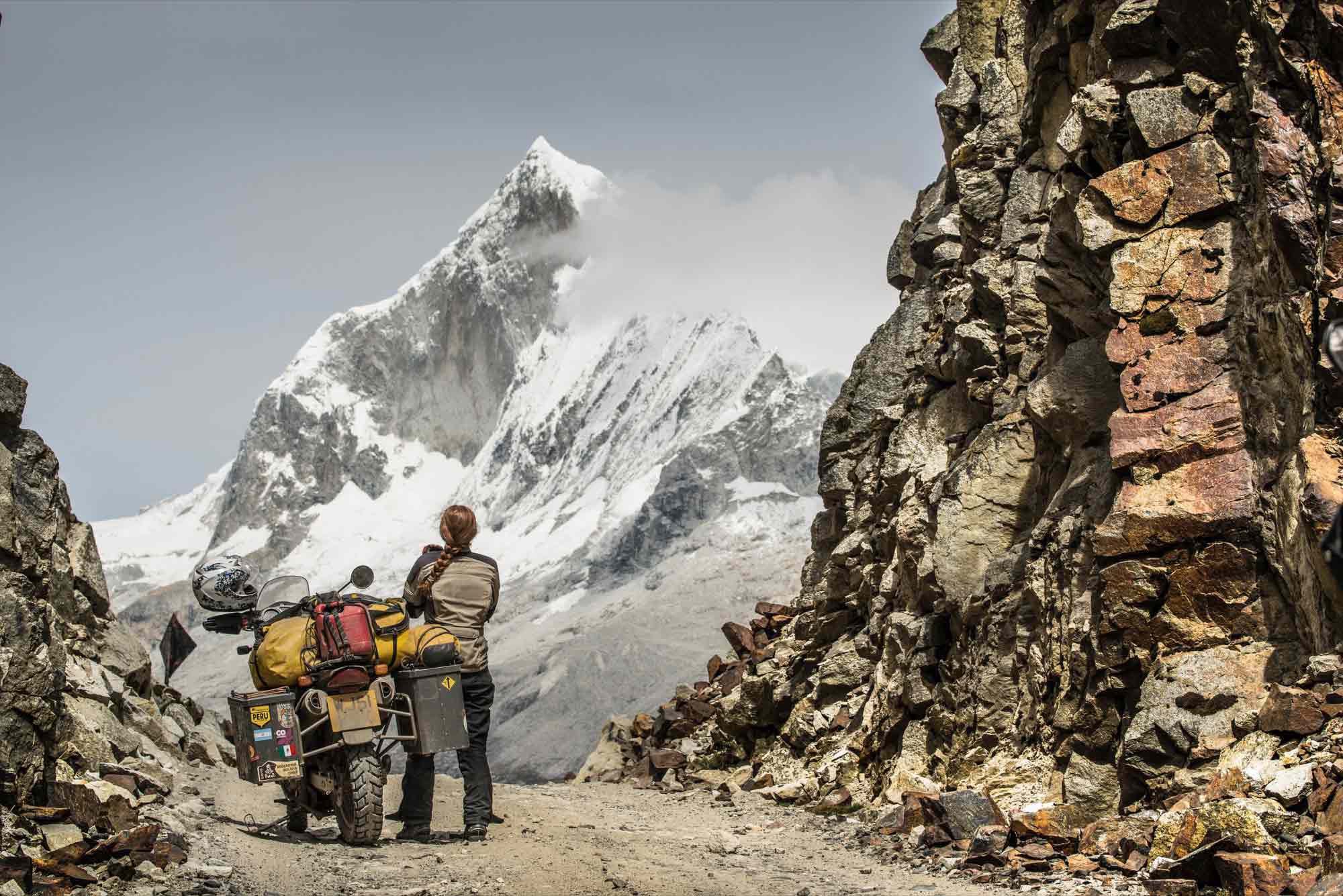
Tip 2. Drawing a Line
Before you begin pinning down dates and places, research destinations. Take notes, talk to those who have done exactly what you’d like to do. Get a notion for what sounds like your bag of fun. Make a wish list of what you want to see and do, and get a good map. Things often take longer than anticipated. Plan for that. You know roughly where you’re going. You’ve acquired the latest guidebooks, an enviable map collection, Google search terms, and buddies who’ve been there before. The criteria used to select potential destinations will make your research more effective. However, be prepared to change your best-laid plans. Ultimately, it’s your adventure; make your own decisions to create your own experiences along the way.
Related: Top 15 Motorcycle Tips For Street Riding Safety
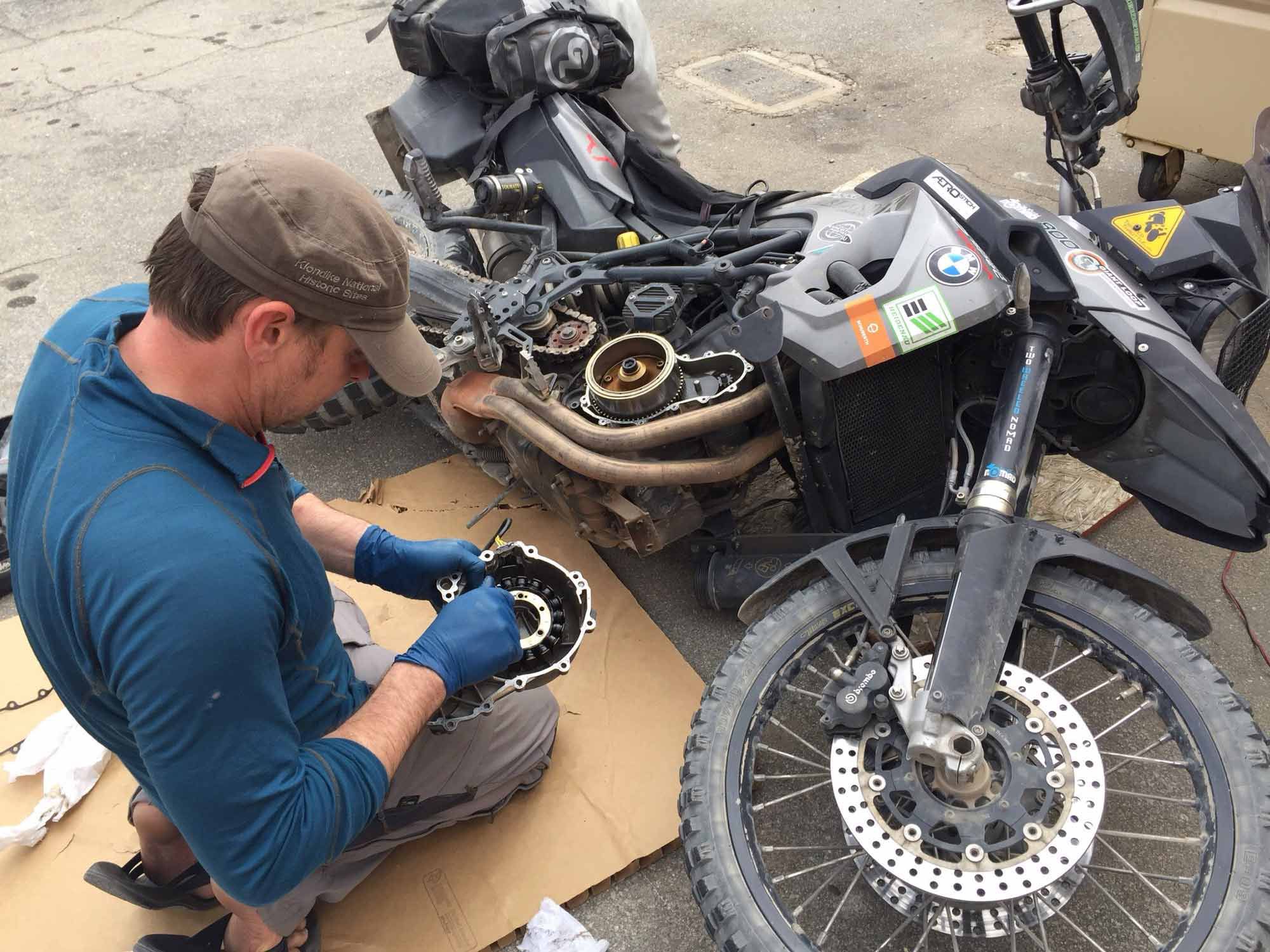
Tip 3. Common Sense
Avoid treating published materials as gospel; from experience, I can say they aren’t always accurate and can be outdated the minute they’re published. Try to verify information with more than one source. Consider language barriers, safety, political situations, and the climate of a region before delving into specific areas. An invaluable stream of the latest destination intel can be drawn from fellow travelers en route, so make friends with them, plus the locals. Local knowledge is king. Most folks relish swapping stories and sharing the lowdown.
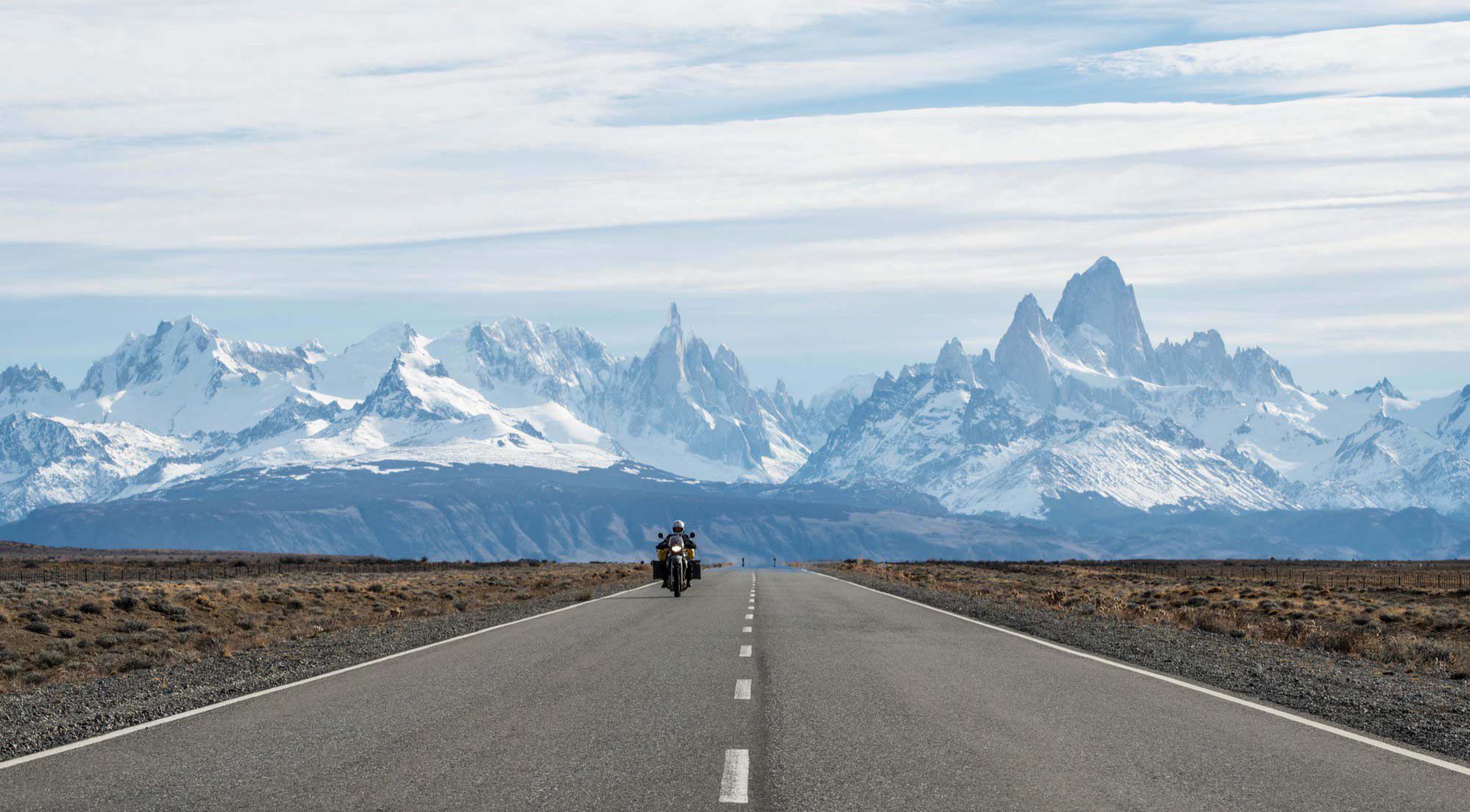
Tip 4. Shiny Stickers ‘n’ Stamps
Becoming conversant on visa requirements is advisable before departure, as stipulations vary significantly. Considerations include visa types, single or multiple entries, waivers and extensions, expiration dates, and maximum stays. Your local consulate or destination’s embassy should be a reliable resource. Is a Carnet de Passage (an international customs form allowing you to bring your motorcycle temporarily into a country) required for your destination country? Ask Uncle Google. I appreciate when visas can be issued online, though some require sending the travel document to an embassy. You’ll relish those visas issued at the border—e.g., those 60- to 90-day stays for South and Central America.
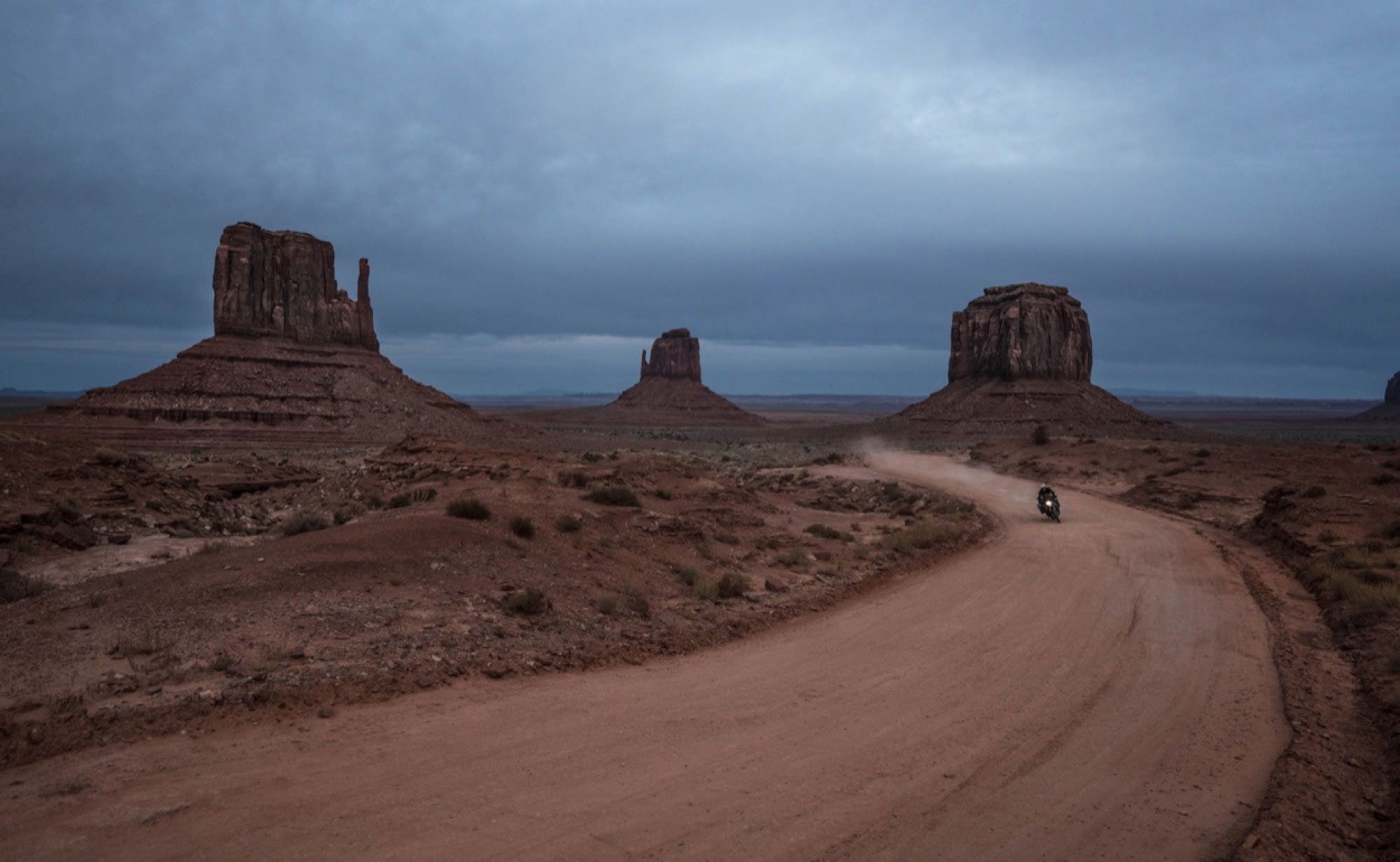
Tip 5. How Much Does a Big Trip Cost?
Astride our motorcycles through the Americas cost us far less than sitting on the sofa at home. Our annual mortgage cost alone was comparable to funding the ride from Argentina for 12 months. The amount depends on where you’re going, the terrain, and your bike choice. Much depends on whether you prefer traveling on a shoestring or lavish luxury. We budgeted $9,000 per person for a year through South America (excluding shipping and ad hoc excursions). South America cost us $50 per day combined, so we were basically on budget.
Five Saving Steps
Step 1: Set a savings goal. Write it down: dates, countries, a new language. Whatever’s important to you.
Step 2: Figure out what it costs. See others’ financial reports at SM Boiler Works and Atlas Rider. You need to consider shipping/flights, gas, food, motorcycle maintenance, accommodation, transport, entertainment, insurance, borders/visas/permits, costs from back home, and factor in a hidden expenditure buffer.
Step 3: Have a stiff drink.
Step 4: Make a plan. Take the months until departure and divide by how much money you’ll require.
Step 5: Make it happen.
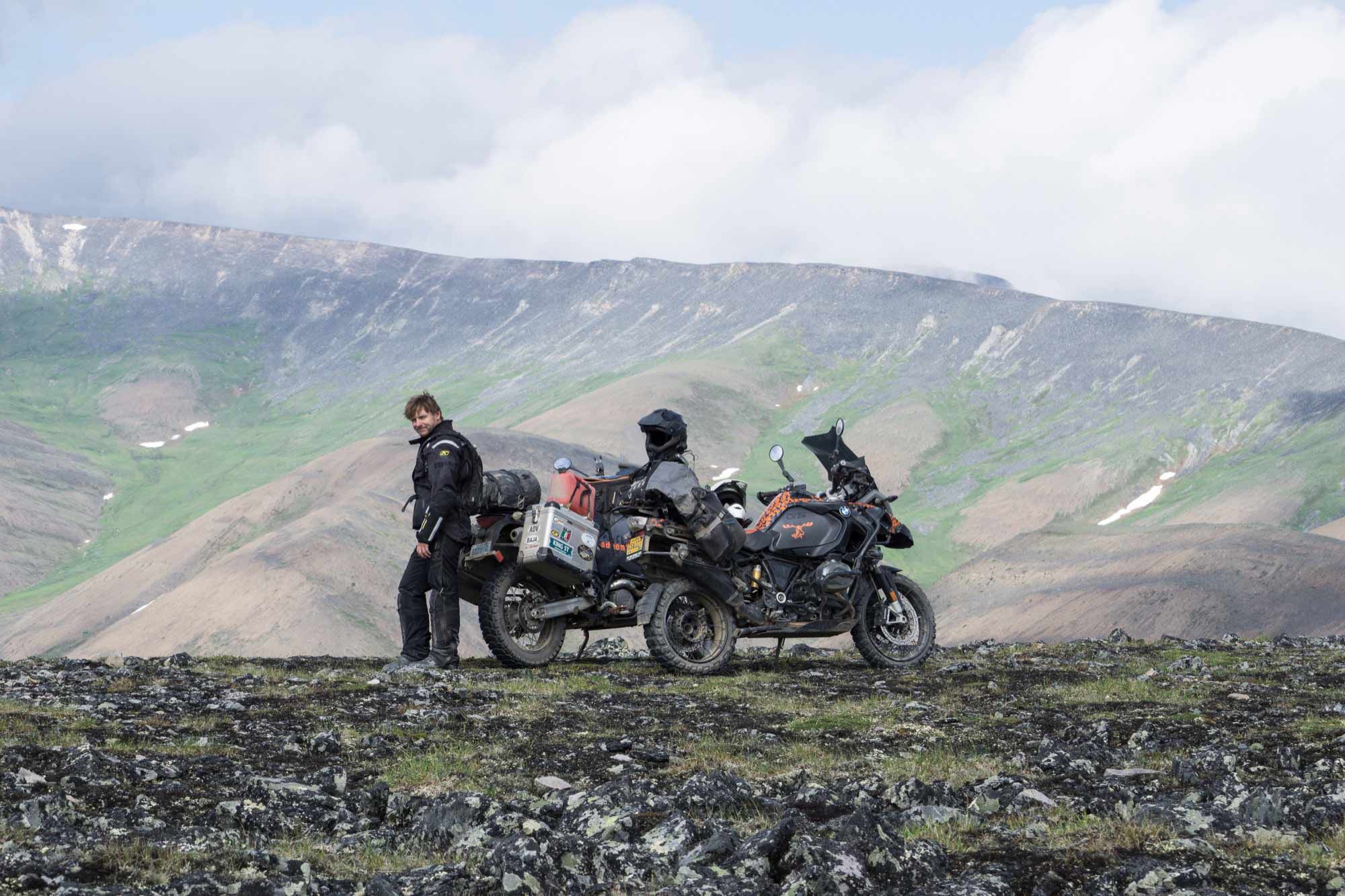
Tip 6. How Does the Average Person Afford It?
It may sound obvious but start saving early—at least a year. It took us more than two years. Manage nonnegotiable bills first, not last. Cut everything else. Financial literacy is king: realistic budgeting, smart banking with minimal fees, maximum interest earned, and consistent savings. Live below your means, eat in with friends as opposed to wining and dining out, and take frugal strides to distance yourself from the cycle of consumerism.
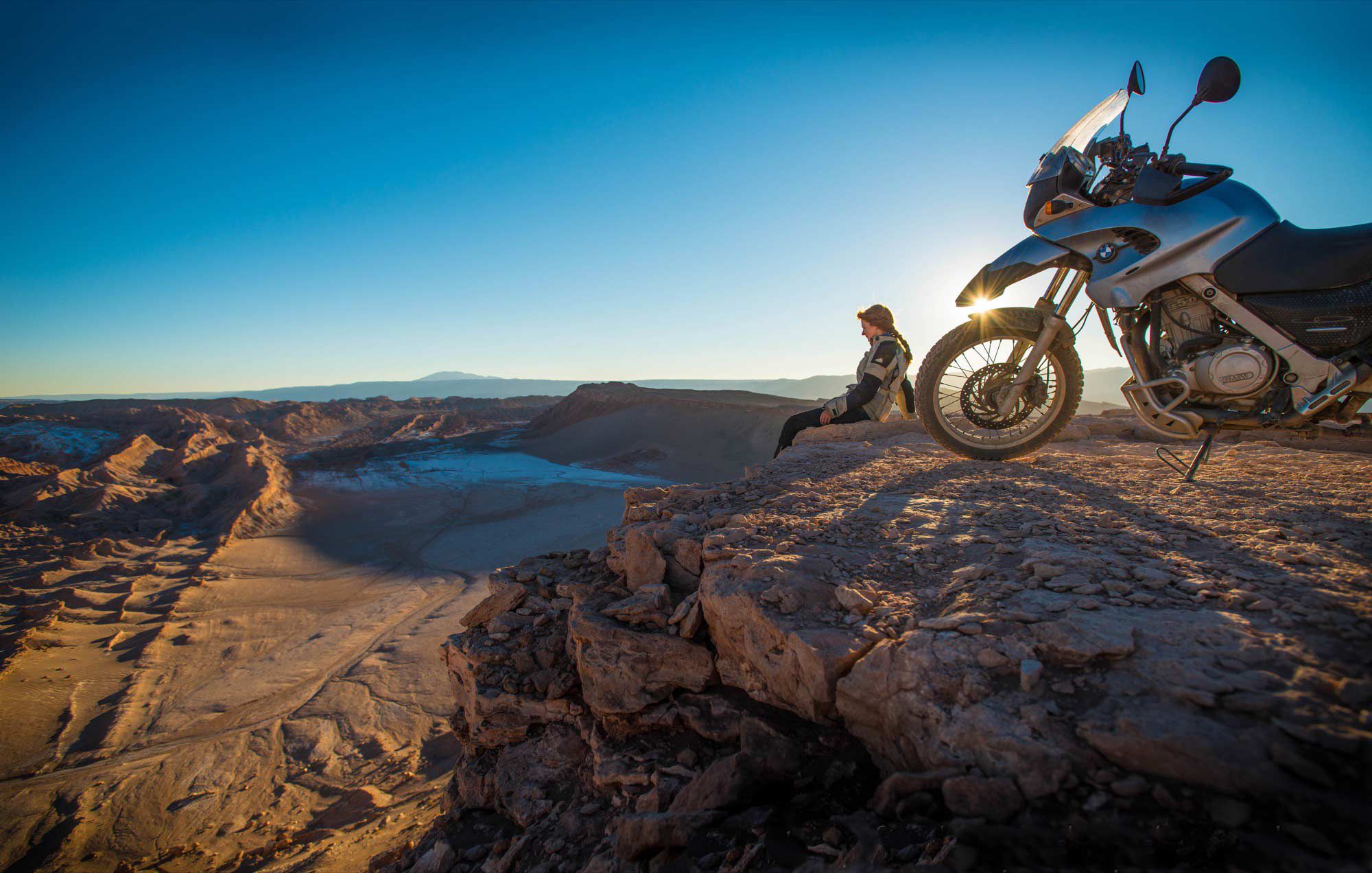
Tip 7. Keep It Sustainable
Affordability is key. Fortunately, hunting down campsites (iOverlander, Free Campsites), negotiating room rates (Horizons Unlimited, Adventure Rider), renting a room (Airbnb), home-sharing within the moto community (MotoStays), and couch-surfing (Couchsurfing) will reduce your daily spend. So will non-riding days, self-catering, and patronizing street food vendors.
Related: 20 Riding Tips From 20 Pro Motorcycle Racers
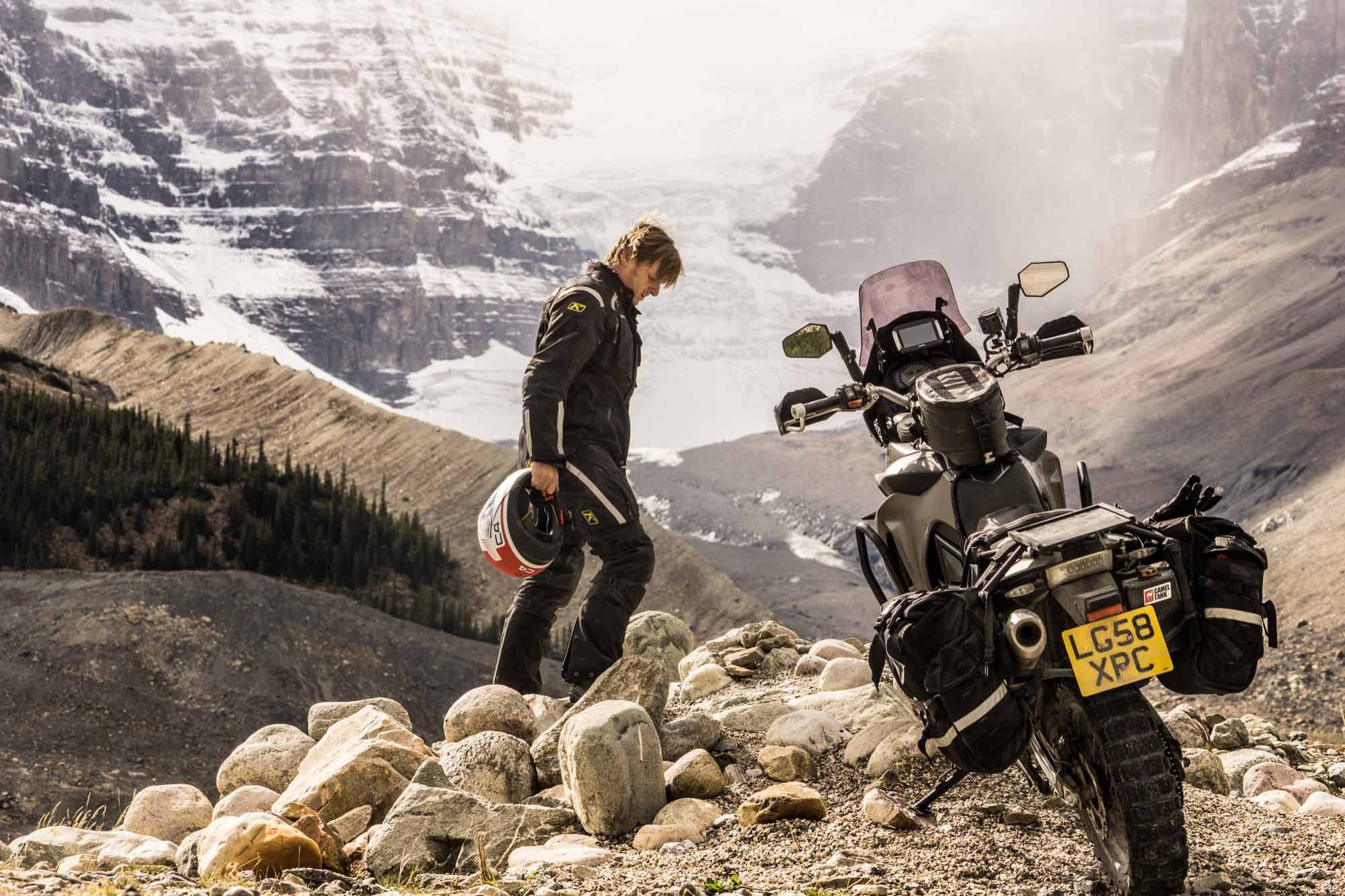
Tip 8. What to Bring
I wish I’d respected the “less is more” rule. Itemizing what you think you need versus what you actually need is a challenge. Go with the “trial and improvement” method. Seasoned moto-travelers have provided some savvy packing lists, e.g., CCG Adventures, PikiPikiOverland. Relax though, anything you forget can be procured or shipped in the field. Attempt to keep a third of your pannier space free. Good luck!
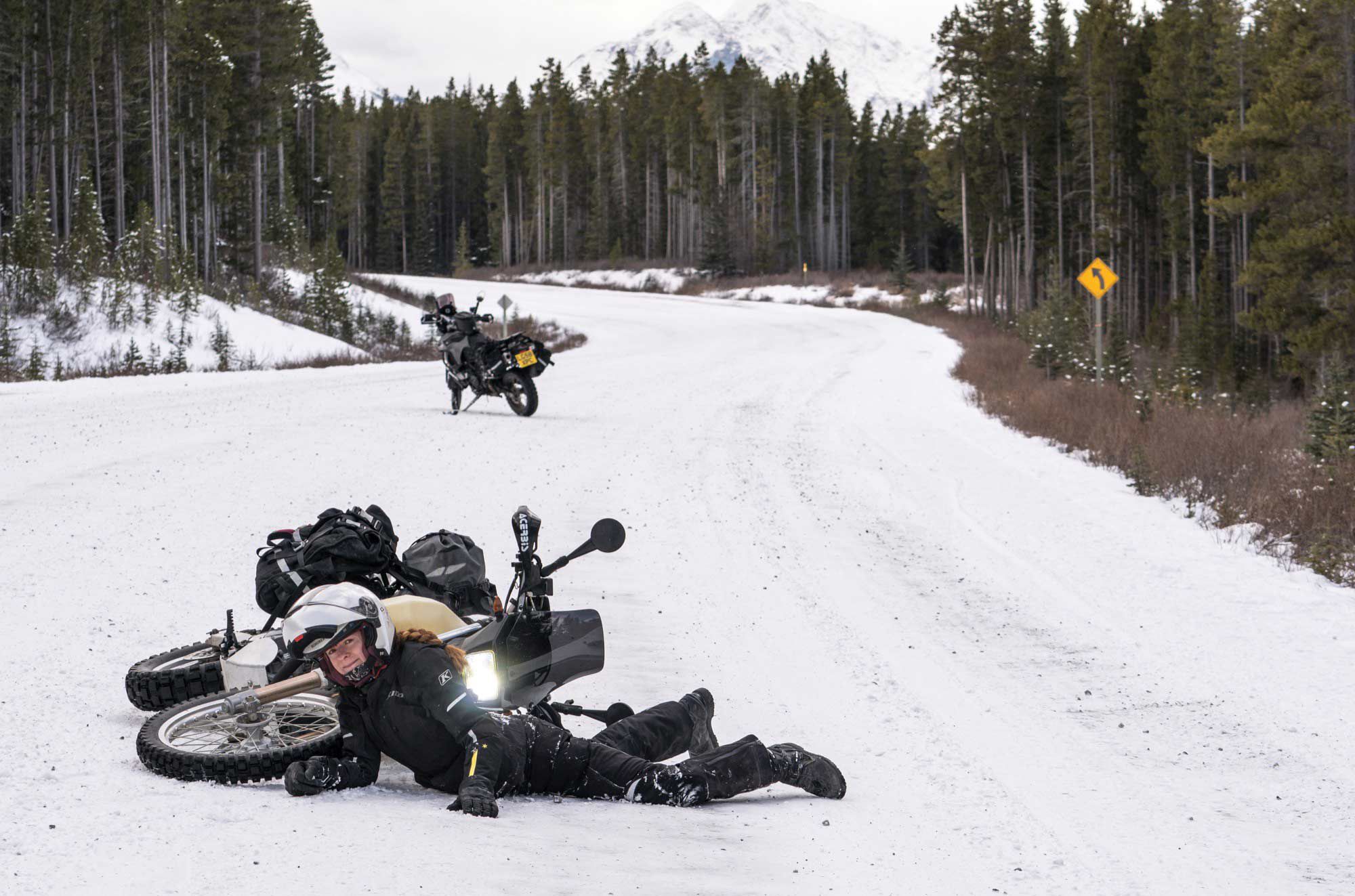
Tip 9. Resource Bank
Humbly reach out when you’re on the road. Connect with friends and relations along the way (social media, The Outbound app). In addition to savings or a passive income, why not work while traveling, volunteer for free digs (WWOOF, Grassroots Volunteering, Workaway), or work remotely (Fiverr, Freelancer, Upwork)—allowing you to extend your trip duration. Check out Open-Explorers—around-the-world trip with “2 wheels, 1 world, 0 money.”
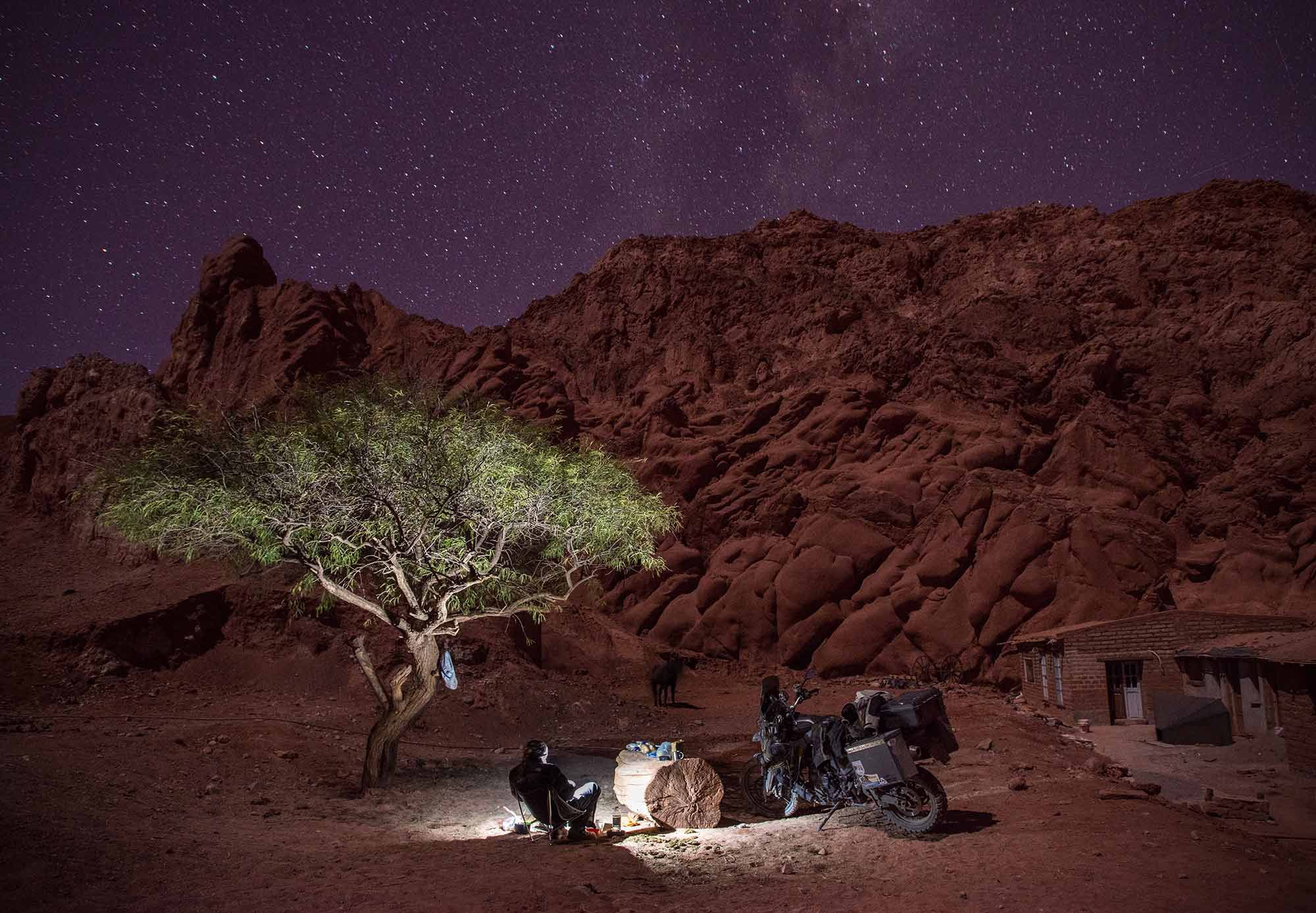
Tip 10. Stepping off the Rat Wheel
Great if your employer gives you a sabbatical. If not and you tender your resignation, plan to start a new job when you return home—the end of a trip might not seem half as sweet otherwise. After the trip concludes, you’ll work again and claw your way back up. Learn how to save money initially, and then you can do it again. After the trip and some time at home, you will bridge the financial gap left by not working. Believe me when I say it’s worth it. We hope to see you out there!
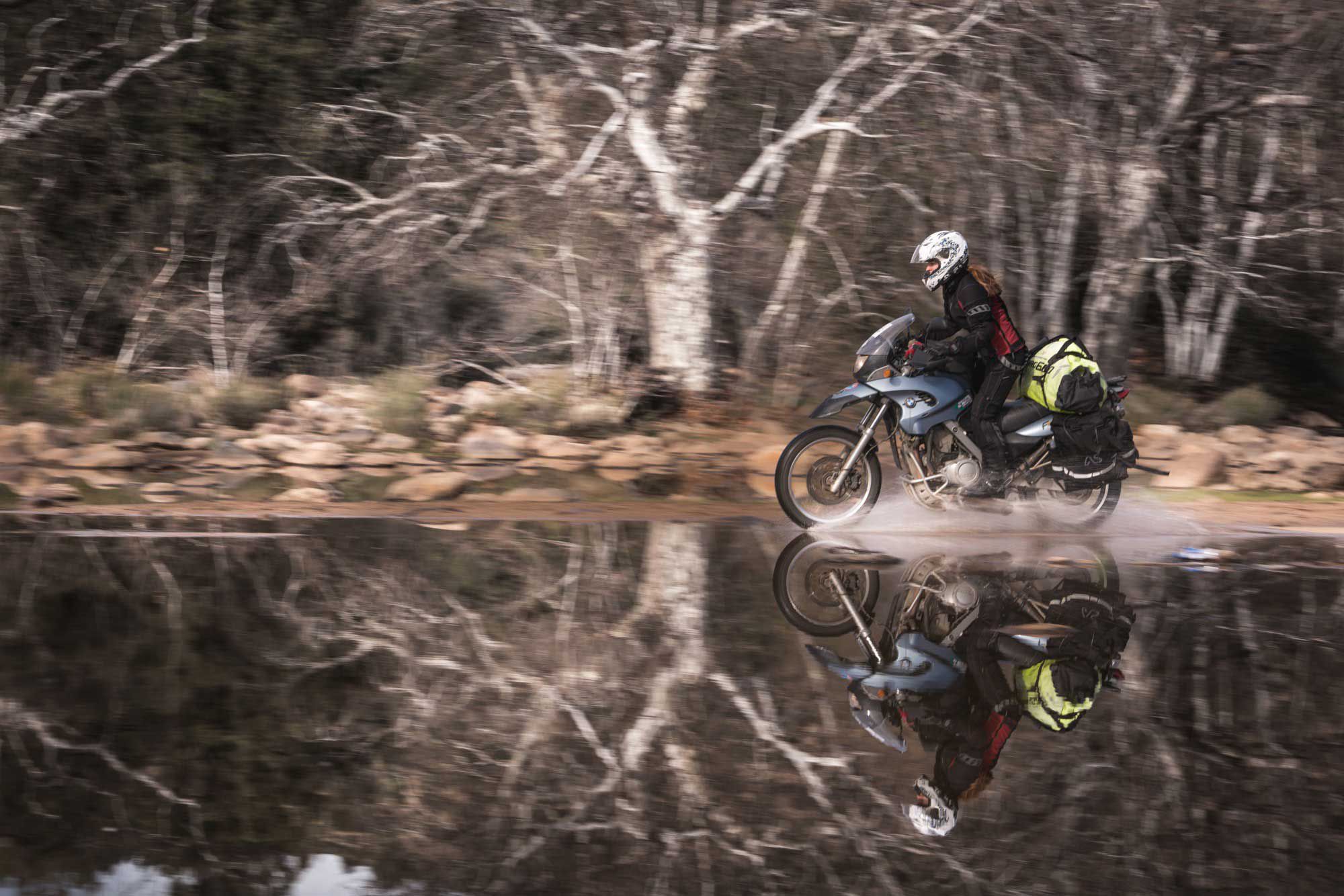
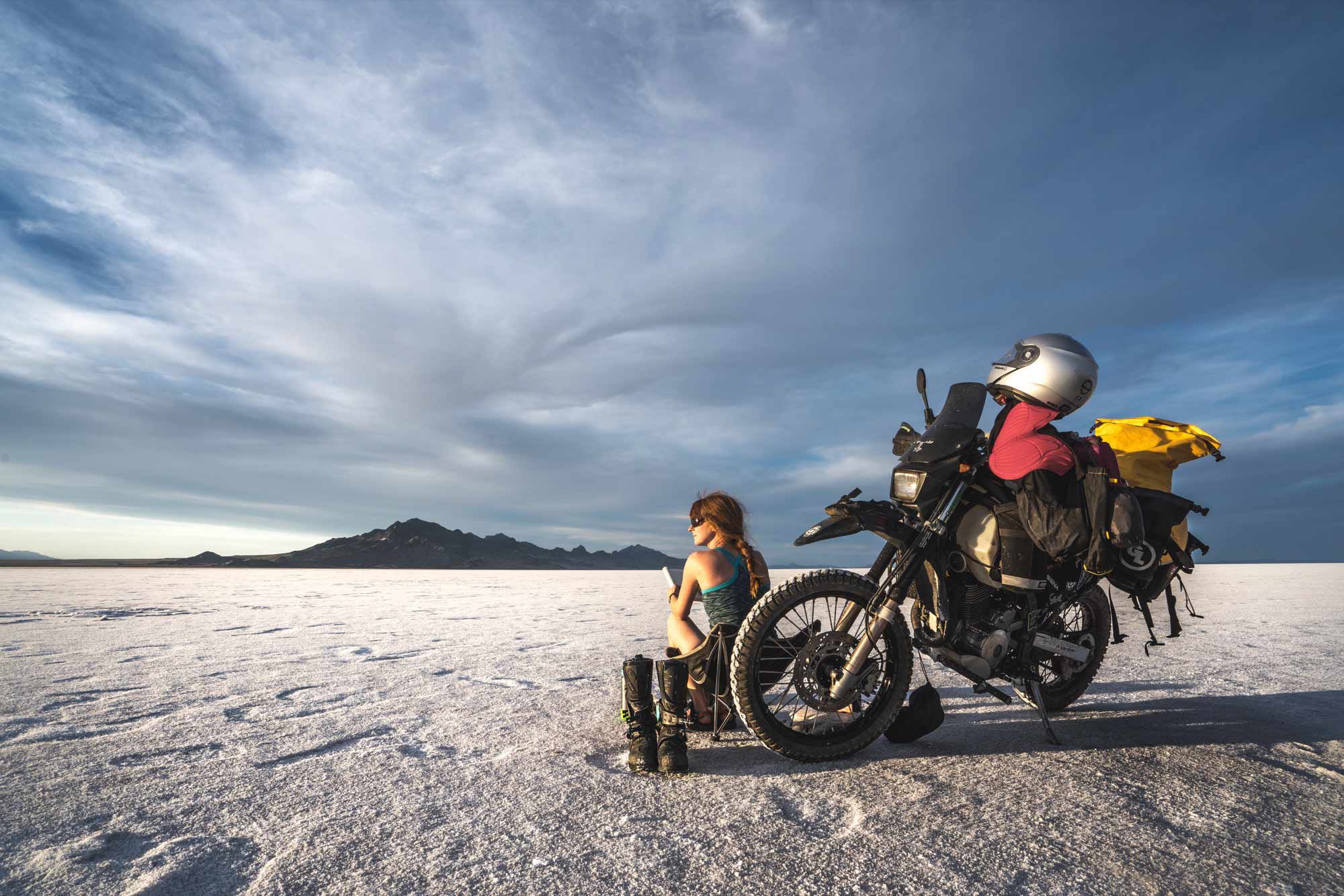
Source: MotorCyclistOnline.com
